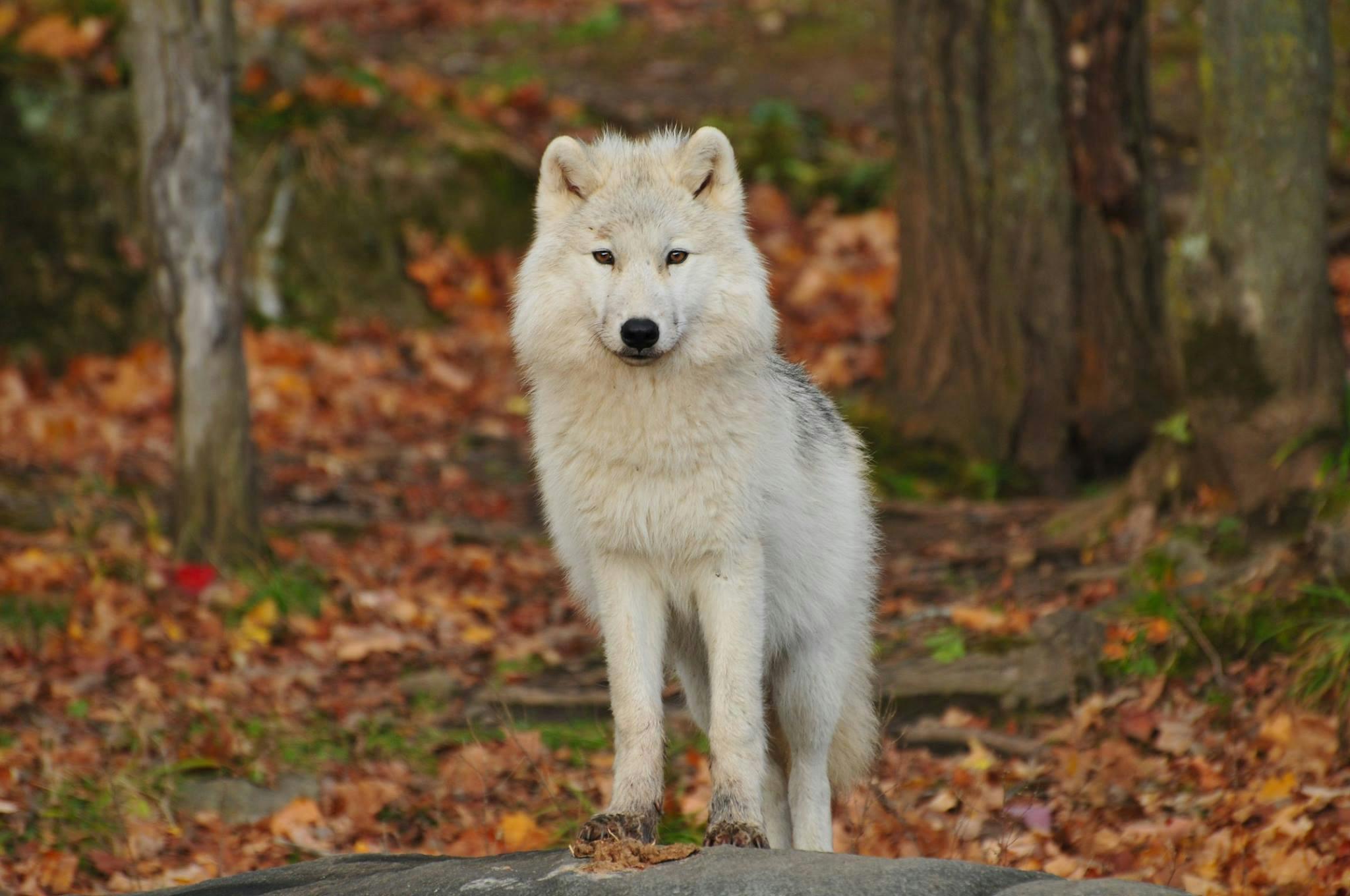
DALLAS (Enmaeya News) — Dallas-based biotech company Colossal has announced the birth of three genetically engineered pups, Romulus, Remus, and Khaleesi, created using ancient DNA from dire wolves, extinct for over 10,000 years. This scientific feat, while dramatic, is not a true resurrection of the species but rather a demonstration of the capabilities of synthetic biology and gene editing.
By sequencing ancient DNA and editing 20 specific genetic markers into grey wolf genomes using CRISPR-Cas9, scientists were able to produce pups that resemble dire wolves in appearance (larger bodies, broader shoulders, pale coats). However, these are not actual dire wolves, they are gray wolves with cosmetic changes, given the deep genetic differences between the two species.
While the achievement is scientifically impressive, it raises ethical and ecological questions, especially about the impact of reintroducing engineered predators into modern ecosystems. Critics argue resources might be better used to protect existing biodiversity. Still, the project has implications for conservation, genetic diversity, and future applications in public health and agriculture.



